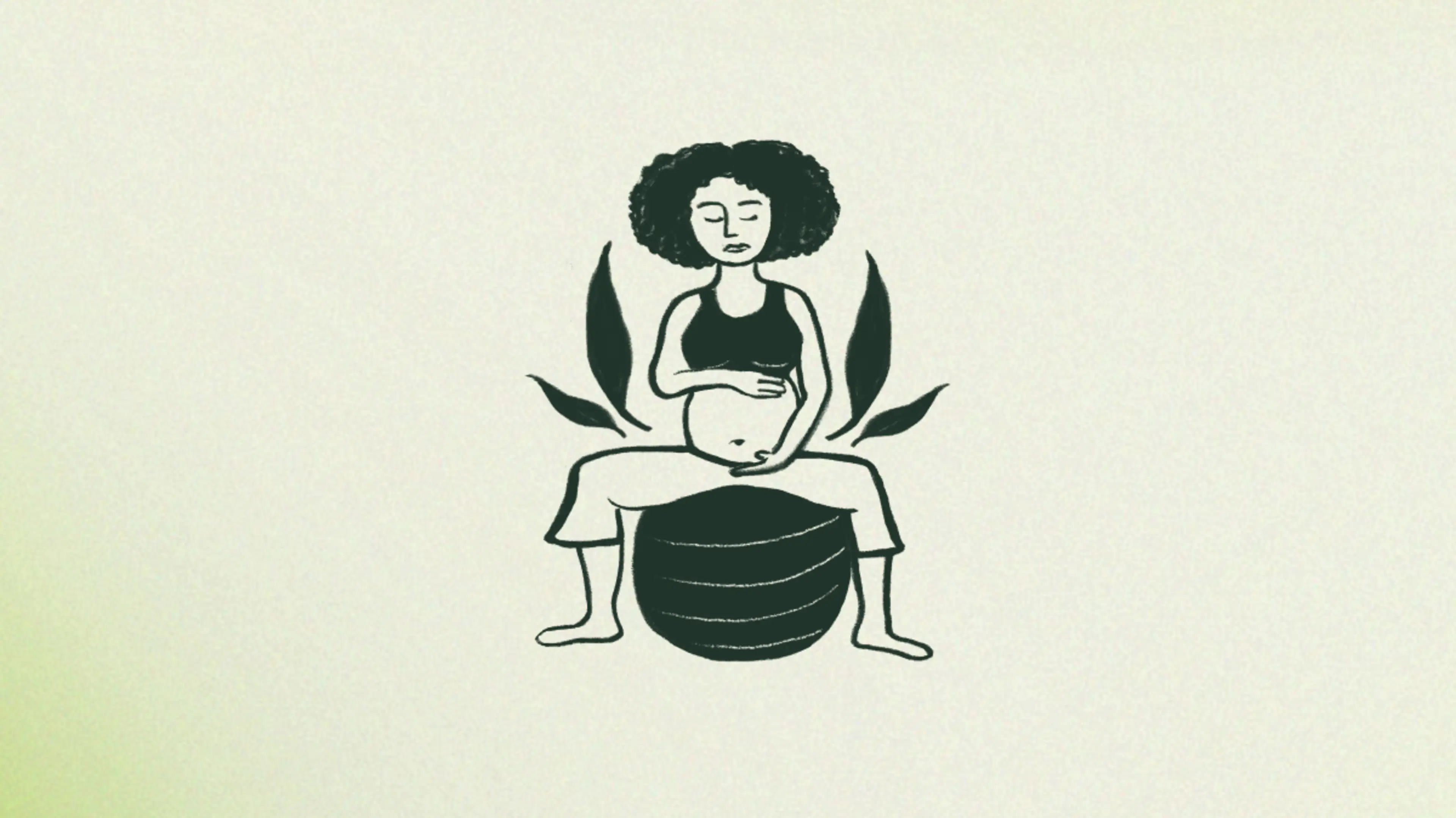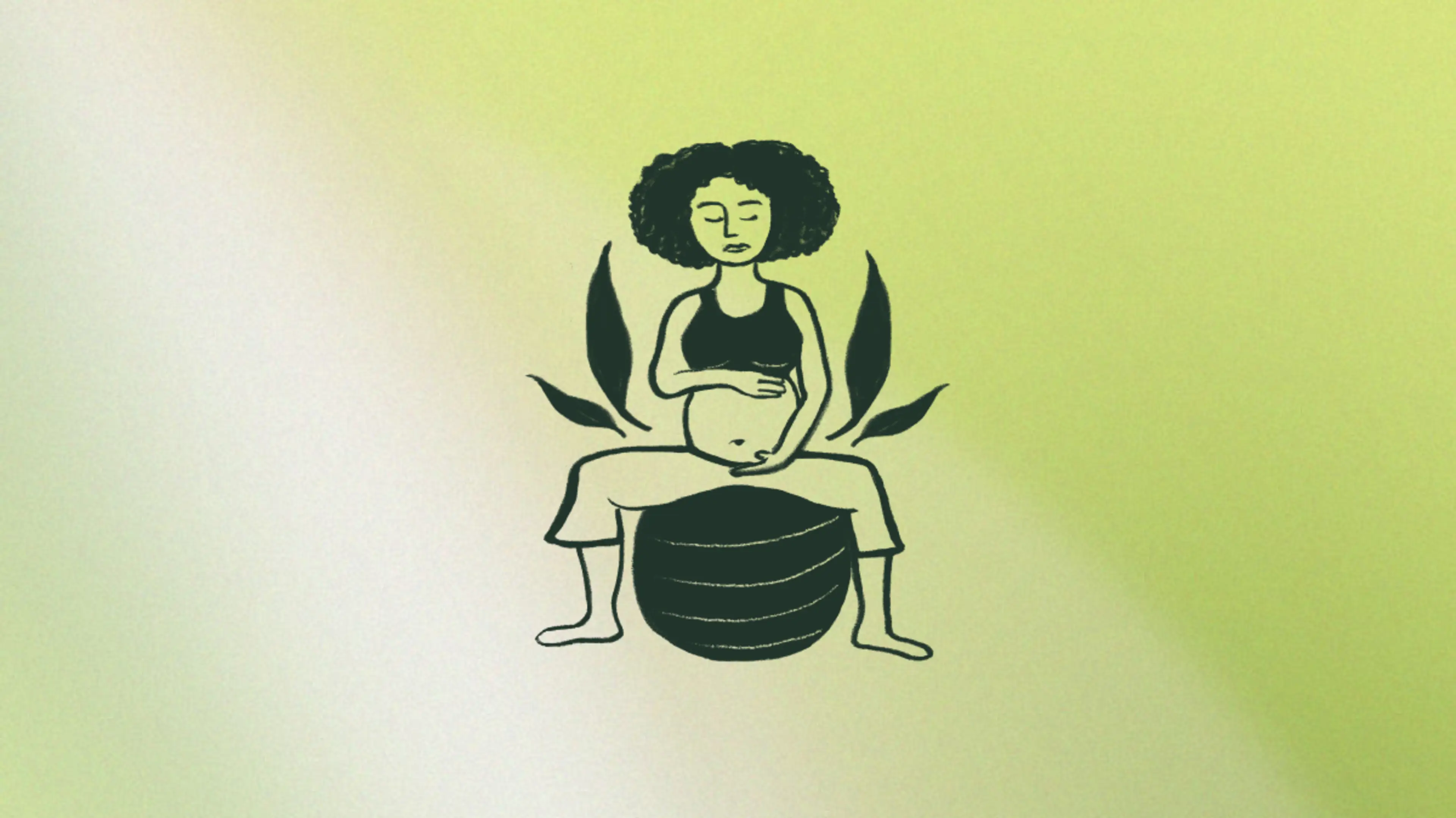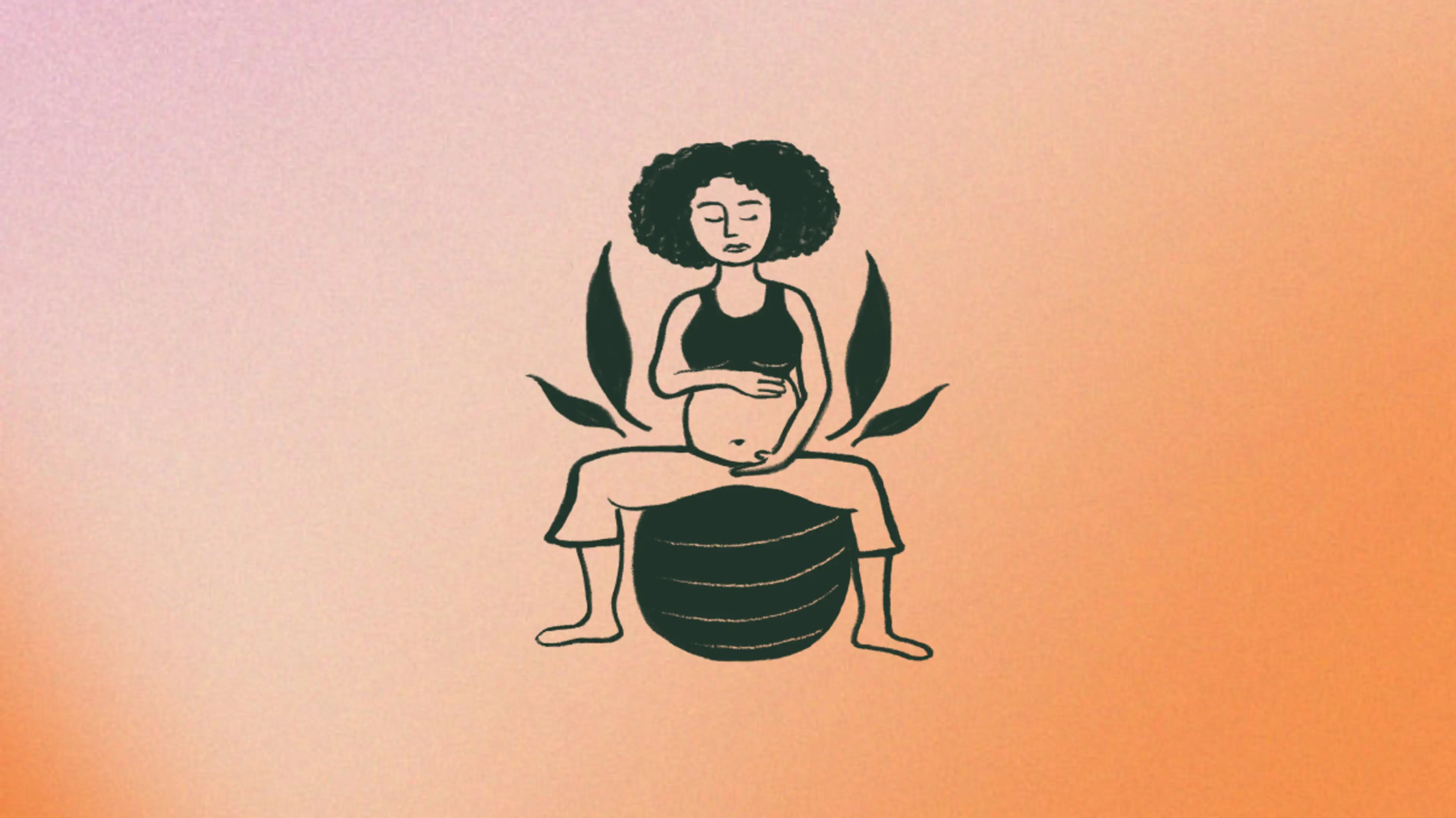A well-meaning friend, family member, or even a stranger may share enticing stories about how eating fresh pineapple actually works to get labor going. While there is anecdotal evidence that bromelain, an enzyme found in fresh pineapple, might help your cervix soften, there’s no scientific evidence to support pineapple’s ability to induce labor.
While there’s limited research on pregnant humans due to ethical concerns, research on pregnant rats did not find that pineapple causes uterine contractions1 . Most likely, that “somebody that somebody knew” who went into labor after eating fresh pineapple probably would have gone into labor on their own.
If you’re worried about whether eating fresh pineapple is safe during pregnancy, rest assured, there’s no harm in enjoying this tropical fruit during any trimester (besides the potential to increase heartburn). But is it an evidenced-based way to jumpstart labor? Research says no.






